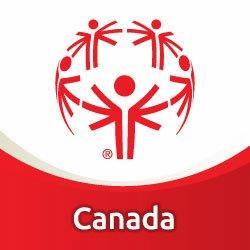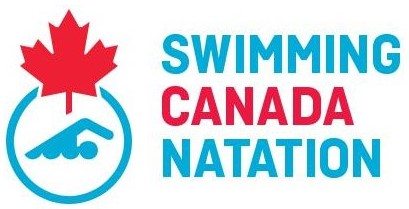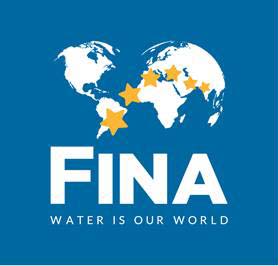Swimming
Swimming
Swimming is one of the most popular sports in the world. Unlike other sports, swimming is a life skill that is taught, first, to ensure safety and, secondly, for sports and competition purposes. Aquatics covers a great variety of swimming skills, from short sprints to longer events and relays.
Differences in Special Olympics Aquatics
The Meet Referee has the discretion to allow for certain modifications/interpretations of the current technical rules of Aquatics. Standing on the bottom of the pool during freestyle events or during the freestyle portion of the medley events shall not disqualify a competitor, but he/she shall not walk. Assistant starters may be allowed to assist a swimmer during their start if the swimmer has a hearing or vision impairment.
By The Numbers (Worldwide)
- In 2011, 160,716 Special Olympics Athletes competed in Aquatics events
- In 2011, 177 Special Olympics Programs held events for Aquatics competitions
- Special Olympics has a close relationship with the Michael Phelps Foundation and the IM swimming program
- In 2012, Special Olympics hosted 29 countries in San Juan, Puerto Rico for the first Special Olympics World Aquatics Invitational
- Swimming uses all the major muscle groups and water provides 12 times the resistance of air, which increases muscle strength
Events for Competition
Special Olympics Ontario offers 23 Aquatic Events. These competitions vary in distance, type of stroke, individual v. team format, and relay.
Divisioning at Special Olympics
Athletes in every sport and event are grouped by age, gender, and ability – giving everyone a reasonable chance to win. At Special Olympics there are no World Records because each athlete, whether in the fastest or the slowest division is valued and recognized equally. In every division, all athletes receive an award, from gold, silver, and bronze medals, to fourth through eighth place ribbons. This idea of equal ability groupings is the foundation for competition in Special Olympics and can be witnessed at all events, whether it’s athletics, aquatics, table tennis, football, skiing, or gymnastics. All athletes are given an equal chance to participate, perform, and be recognized for doing their best by their teammates, family, friends, and fans.




